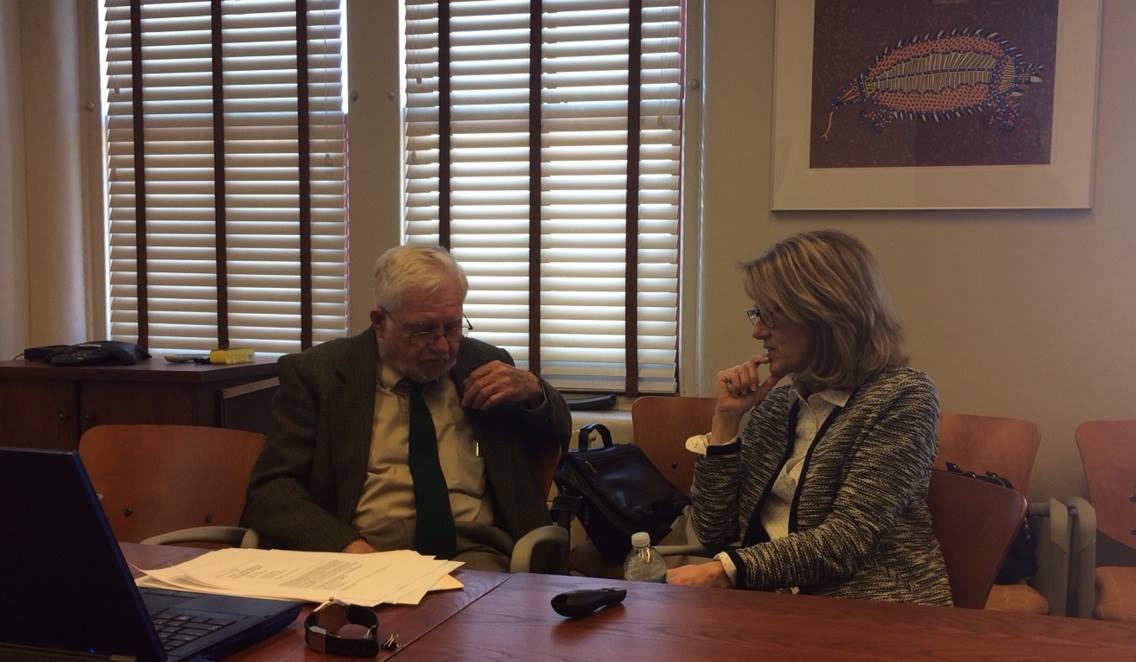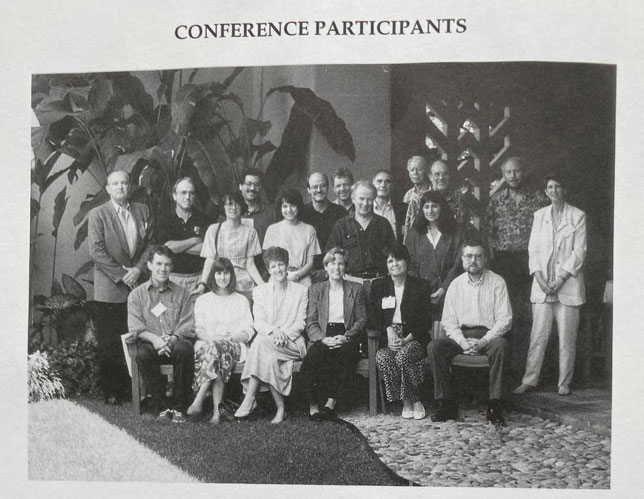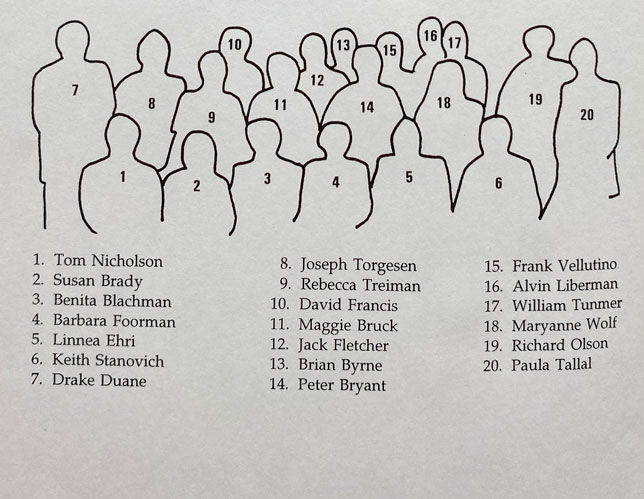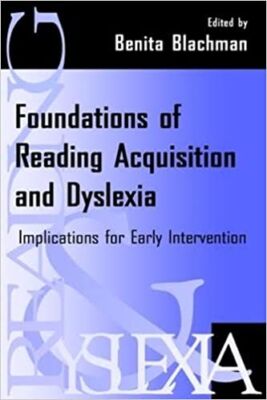Meet the Trailblazers Who Paved the Way for Reading Science
“It is not easy to be a pioneer – but oh, it is fascinating! I would not trade one moment, even the worst moment, for all the riches in the world.”
– Elizabeth Blackwell
Meet the Trailblazers who Paved the Way for Reading Science
“It is not easy to be a pioneer – but oh, it is fascinating! I would not trade one moment, even the worst moment, for all the riches in the world.”
– Elizabeth Blackwell
By: Dr. Maria Murray
In just the last few years, the number of people becoming familiar with findings from the science of reading has skyrocketed, which is encouraging to say the least. But how many are familiar with the reading scientists? Who were the trailblazing pioneers who conducted the early research on some of the key understandings within the vast body of scientifically-based reading research? What inspired them? And who are their proteges and what aspects of reading are they investigating now?
We can assume that when they were children, these legendary experts did not dream of growing up to become reading scientists. During The Reading League’s upcoming Virtual Lecture Series, we will learn that instead, something happened in their lives or work to fascinate or frustrate them. They became compelled to make a career out of finding answers to critical questions related to reading. They didn’t intend to become rich or famous. They worked behind the scenes, invisible to the people for whom they were doing the research–the teachers who are responsible for ensuring children learn to read.
Their stories are fascinating and largely unknown. In fact, of the thousands of proponents of the science of reading (SoR), only a small percentage have had the opportunity to actually work alongside a reading scientist and experience how a research lab functions. (Note: it’s not white lab coats, it’s lots and lots of grant writing, budget planning, spreadsheeting, participant testing, school relating, data analyzing, and manuscript writing.)

Dr. Benita Blachman with Dr. Donald Shankweiler during his visit to Syracuse University, circa 2006.
I was lucky to have such an opportunity for about 18 years, starting when I began my master’s degree in special education with a concentration in learning disabilities. I was advised, mentored, and inspired by Dr. Benita Blachman, a trailblazer in the areas of phonological awareness and the prevention and remediation of reading difficulties. Whether my role was student or coordinator of her research studies, these were the years I came to know many of the founding members of The Reading League (TRL), who also took classes from her or worked in her labs. Interestingly, I never really knew why she became a reading scientist. I knew she’d learned alongside such reading science pioneers as Isabelle Liberman, Jeanne Chall, and Donald Shankweiler – legends who I frequently imagine to be my “grand advisors.” I also frequently hoped to find a way to have people come to know and appreciate their contributions and the contributions of other trailblazers in the science of reading.
During a recent phone call with Dr. Blachman, I asked what inspired her to become a reading scientist. I was riveted (and I won’t give it away until a later day). The desire to promote the stories of our reading scientists became more real. After that call, I came across a page in her edited text “Foundations of Reading Acquisition and Dyslexia” featuring trailblazers who had attended a conference she’d organized in Hawaii. Their research became so important in ensuring children become literate that it can’t be ignored. We need to acknowledge and truly appreciate the fascinating people who are behind it.
Through this process, I continue to be fascinated by the history of the science of reading. I invite you to read Dr. Linnea Ehri’s 1997 Presidential Address to the Society for the Scientific Studies of Reading (SSSR). It’s titled Research on Learning to Read and Spell: A Personal-Historical Perspective. Here is a teaser:
When I had written this paper, I sent a copy to [Ken] Goodman. He returned it with his comments in the margins. These consisted mainly of the word “No” repeated 2 or 3 times on every page, sometimes underlined. His final comment at the end consisted of a sentence declaring that reading is not a process of identifying words. I guess I should not have been surprised by his position. But I was unprepared for a reaction so closed-minded and dogmatic. I considered the issue an empirical matter to be settled by research rather than by proclamation. So I treated his reply as a scientific challenge, and I set about trying to understand just how beginners learn to read words.
My takeaways:
- Linnea Ehri’s scientific research journey began around 1974, just short of 50 years ago. It’s mind-boggling that in education, it takes decades for scientific understandings to trickle into classroom practice.
- It’s captivating that Dr. Ehri’s decades-long research agenda is based on a challenging experience/interaction.
- It’s important that people understand this process of how scientific understandings evolve and become more detailed as a result of multiple studies validating the findings over time.
I hope you will join us for our upcoming free Virtual Lecture Series webinars. Each will feature a pre-recorded conversation between two prominent experts as they share how they came to be reading scientists, their career highlights (and frustrations), and more. One is considered a “trailblazer” and the other is one of their “protégés” who carries on what was learned from their mentor. You’ll learn about both of their contributions to the body of knowledge we call the science of reading.
Each Virtual Lecture Series webinar will feature:
- Real-time moderated audience participation in the chat (including participation from the scientists!)
- Links and downloads to many of the articles, monographs, books, and materials mentioned by the scientists
- A culminating “After Party” hosted by TRL’s Professional Department experts, highlighting a key point from scientists’ conversations for practice
- A link to the recording for those who cannot attend the webinar “live”
Scientific research is not just valuable in providing us answers to important questions…it’s also fascinating when you get to know the people making it happen. I hope you come to appreciate all that it is through these Virtual Lecture Series opportunities.


